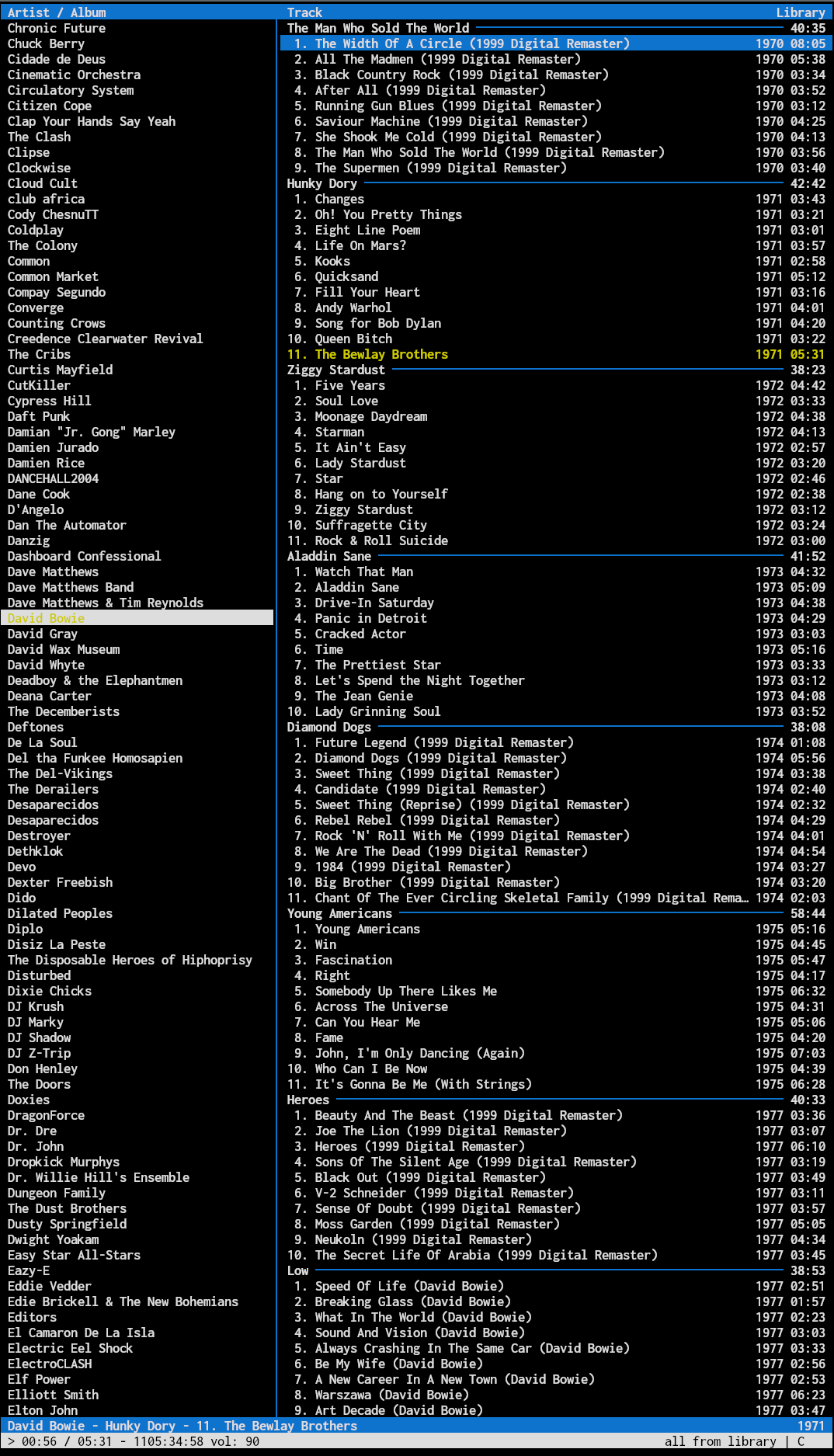On my distro, hitting print in the Office365 web app autogenerates a searchable pdf. As mentioned by others, it is trivial to generate a searchable pdf from LibreOffice as well.
bismuthbob
I use linux to run my law office, so it can be done. Most of what I use is web-based these days, so headaches are minor. That being typed, I've been using linux off and on since the 1990s, and there was a fair amount of learning involved. A few notes:
-Libreoffice is good enough for document drafting, unless you're extremely reliant on templates generated in Word. Even then, that's a few hours of clerical work that you can farm out with, presumably, no confidentiality issues to flag. Also bear in mind that if you end up using different Linux distributions on more than one computer, then you may run into minor formatting differences between different versions of your word processing software. Microsoft Office will be a reliable option unless you run windows as a virtual machine. There are workarounds, but they aren't business ready.
-Some aspects of PDF authoring can be tricky if you're doing discovery prep, redaction, and related tasks in-house. This is very workflow-specific, so if you're not a litigator or your jurisdiction doesn't have a lot of specific requirements for pdf submissions, it might not be something that you need to worry about. If it becomes a problem, then a Windows virtual machine might be a solution.
-Video support depends greatly on the linux distribution, so you may want to do a bit of research and avoid distributions like Fedora, where certain mainstream AV formats are not supported by default for philosophical/licensing reasons.
-Compatibility with co-counsel and clients will be hit or miss. I don't let anything leave my office that hasn't been converted to PDF and I only do collaboration when there is a special request to do so. I can fall back on a computer that I have which runs Office. It sounds like you have more than one computer, so you can have a backup plan.
-Hardware support is critical. If you need to videoconference and it turns out that your webcam doesn't have a linux driver, then you may be hosed. Research and test on the front-end so that you don't find yourself in an embarrassing situation of your own making.
-Learning curves cost money. If you're using an entirely new set of user software AND you're hopping between different distributions to find the version of linux that works for you, you'll waste a LOT of time that you could be using to generate billable work.
I've used Ardour to capture keyboard midi input before. Not beginner-friendly, but it works if you want to play something, pick a soundfile, edit a flubbed note or two, and add it to a project.
Neat! Next time I build a house, I'll go with House Telvanni.
Well, dang! I'm sorry to read that. Codecs are definitely a tricky issue for Fedora.
I ran into something like this the last time that I installed Fedora. They have (or used to have) a fairly hardcore stance about nonfree codecs, which includes anything licensed under MPEG LA.
The codec in your screenshot probably doesn't include support for H.265 playback - at the very least it isn't in the list of formats. Here's a guide that I googled for you: https://ostechnix.com/how-to-install-multimedia-codecs-in-fedora-linux/
Michael Moorcock's Elric books tick all of the boxes in your list. So do his Corum and Hawkmoon books.
I've had good luck with the BSDs over the years. Great system documentation.
I pronounce it 'yiff'.
I remember that Raspbian had manual overscan settings in /boot/config.txt, but I don't know how common something like that is in other distributions.
I tend to go with stock cmus on linux, with mouse support turned on. It also works as an interface if I'm in a hurry and I want to ssh into another computer attached to speakers. Not pretty, not fancy, but quick.

Paper printing is no big deal if you stick carefully to your first thought about linux-compatible hardware.
I use Brother laser printers whenever I need a hard copy. That brand tends to work well with linux, but research the model number in conjunction with the distribution that you're using before you purchase.
Your point about locked in software is very important. Even in my own industry, some of my earlier jobs relied on custom Windows software for billing, dictation, document creation, and more. A lot of former nonstarters have been pushed to the cloud, but there are still challenges.